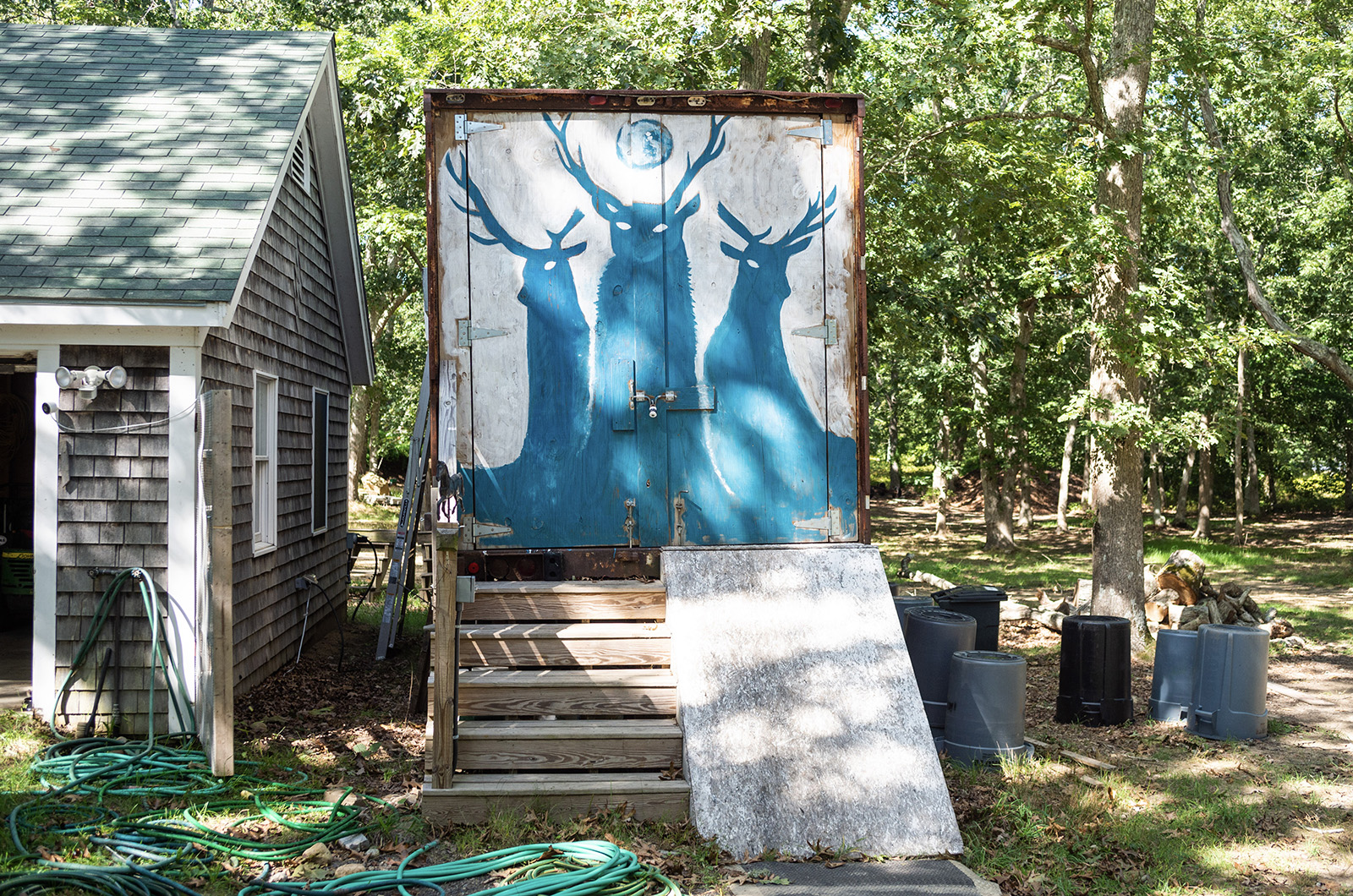As officials tally the numbers at the end of deer hunting season on the Island, signs point to an increase in the deer harvest over 2021, but not enough to help slow the upward trend in the Island’s deer population.
Martin Feehan, Massachusetts Division of Fisheries and Wildlife deer and moose project leader, said the Island’s take increased 16 per cent over last year, to 775 deer in total, but noted that this comes after a 28 per cent drop in 2021.
“More than likely, we are seeing an increase in the Island deer population,” said Mr. Feehan, looking at the overall numbers.
The issue, he said, does not rest solely with hunters who reside on-Island, who have been consistently bringing in more deer, but rather with the drop in off-Island hunters visiting the Vineyard.
“The travel expense of getting to the Vineyard and staying there has made it difficult to come to hunt” he said. “Groups who would come for a week can now only come for a couple of days.”
Patrick Roden-Reynolds, in his first year managing the deer locker on the Agricultural Society grounds and a bow hunter himself, said the deer take was slow at the beginning of the year but quickly picked up pace when the breeding season (or rut) began in October.
“It was all good from my end,” he said, recording 79 deer checked in at the deer locker this year, up from just 35 in 2021.
Mr. Roden-Reynolds also noted that several hunters would receive checks for participation in an Island program paying $100 for every doe taken after their first two, meant to help thin the herd. He added that it was a solid year for the venison donation program, coordinated at the locker by Island Grown Initiative for their food pantry. Ten deer were donated this year — a substantial amount of meat and double what the program brought in last year.
Mr. Roden-Reynolds is also head of the Island’s tick-borne illness prevention program, and deer hunting season doubles as a laboratory in which to study the Island’s tick population.
“There wasn’t anything that made me stand back and go ‘wow,’” he said, having counted average numbers of deer and winter ticks, and a complete absence of the cold-sensitive lone star ticks, known carriers of Alpha-Gal Syndrome.
Some of the adult female ticks collected were sent to tick researcher Sam Telford 3rd at Tufts University, he said, in hopes of establishing a breeding population to study.
Mr. Feehan praised Island efforts that have helped nurture on-Island hunters and give back to the community.
“The deer cooler and donation program on the Island is fantastic,” Mr. Feehan said. “We’ve been using it as a model when trying to introduce programs to the rest of the state.”








Comments (12)
Comments
Comment policy »